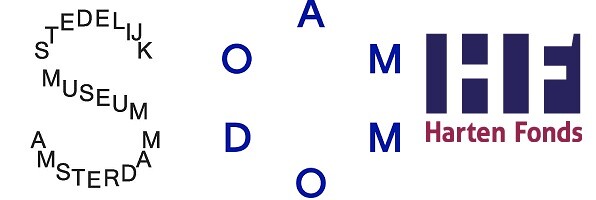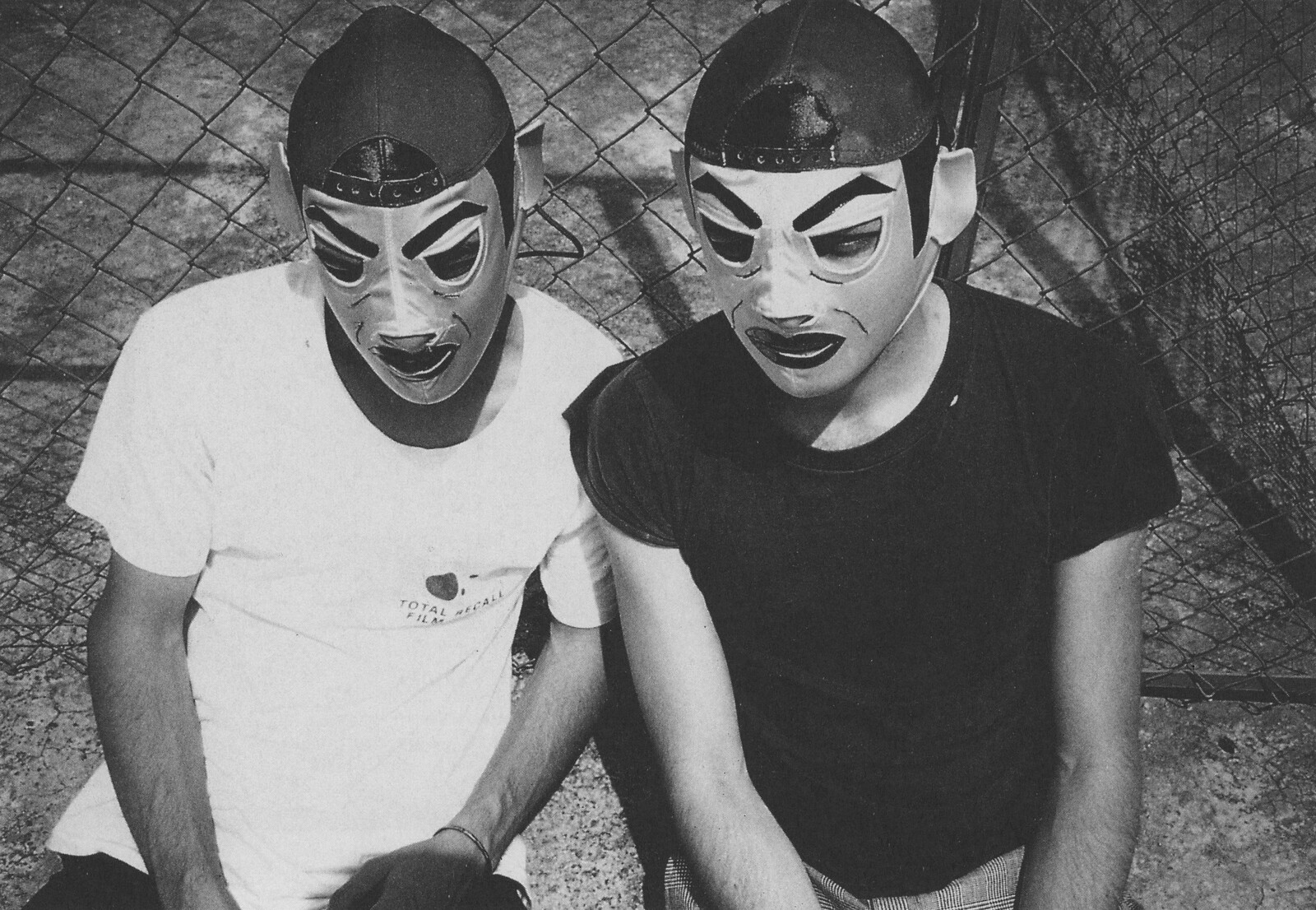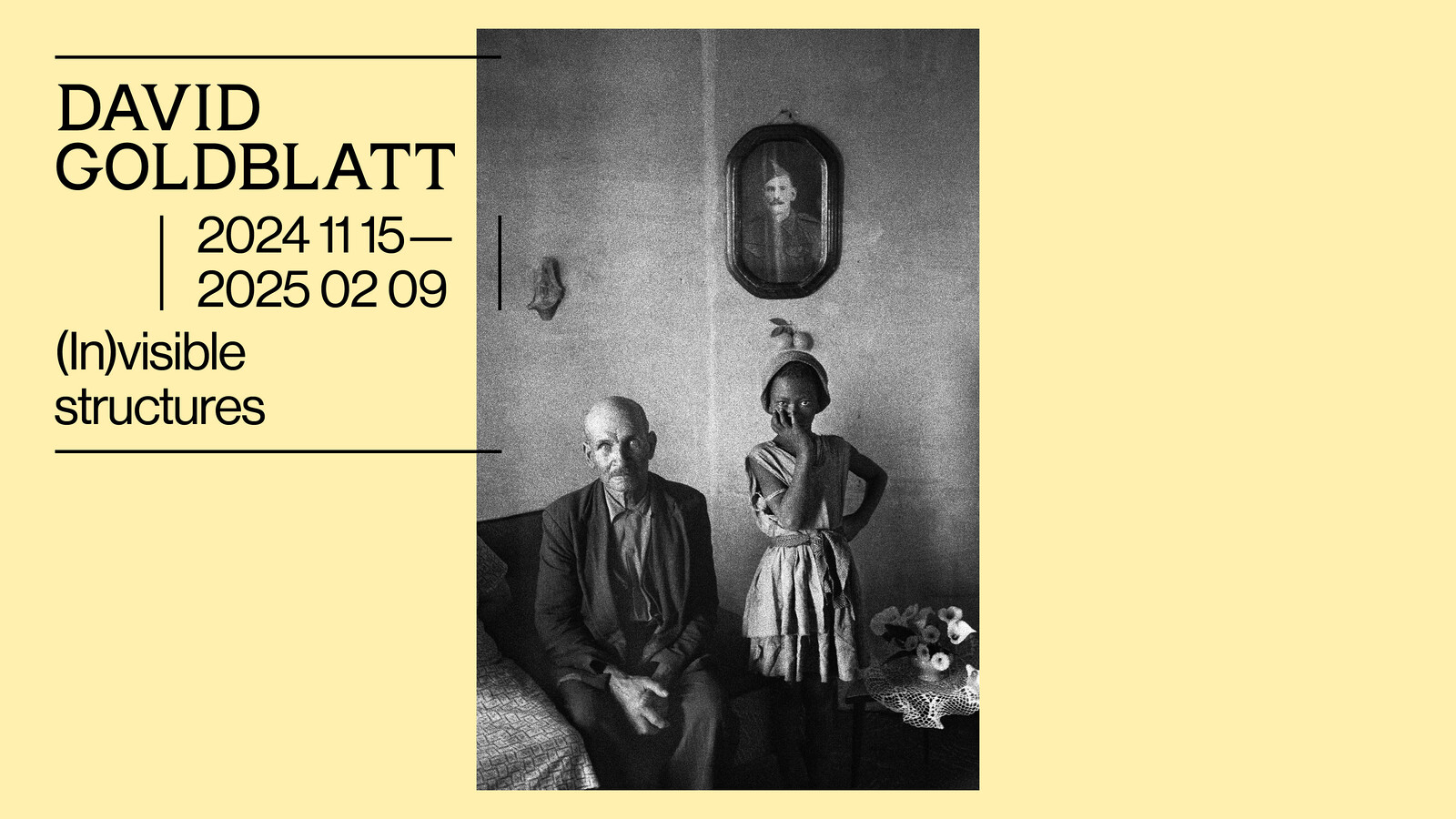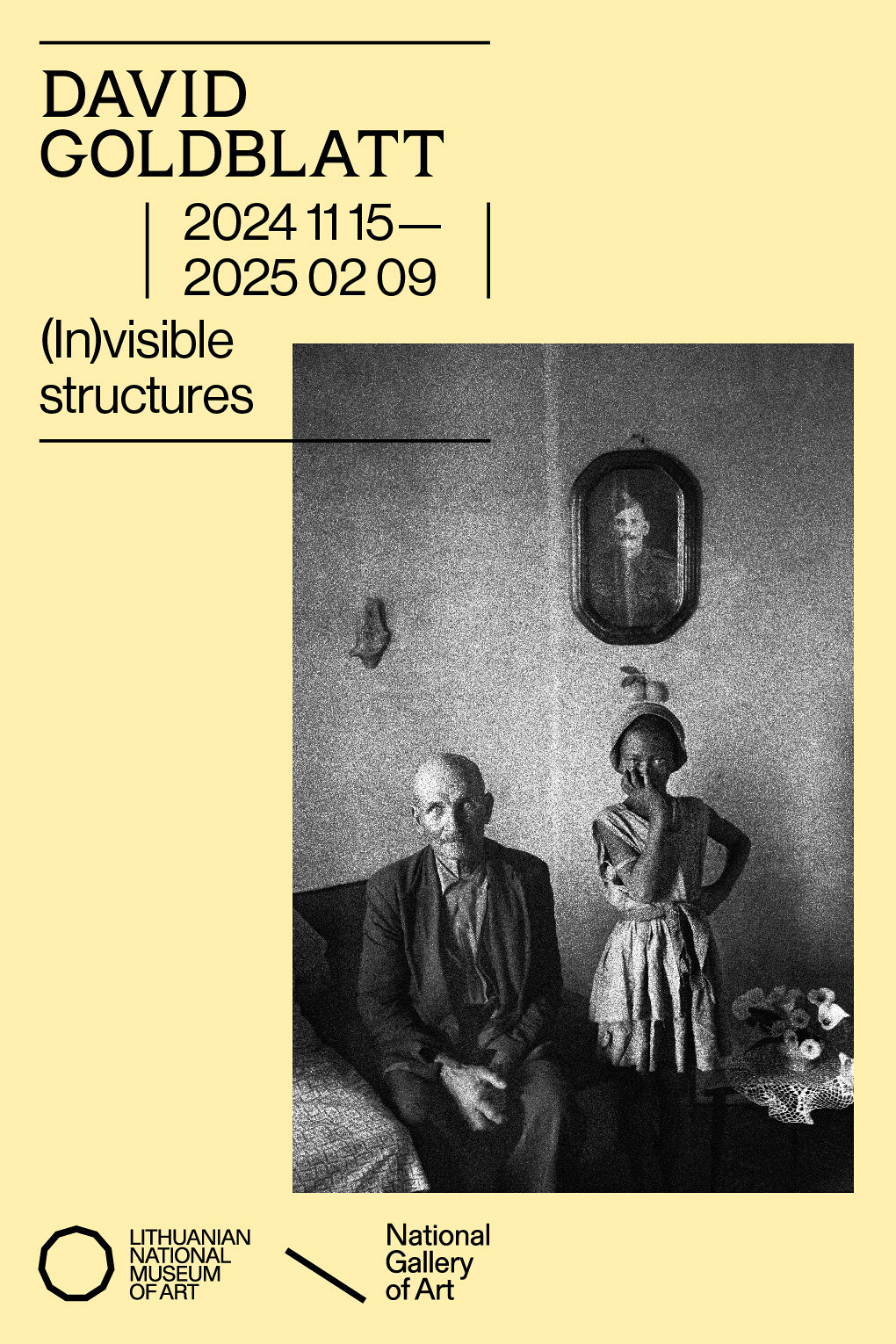The Factory
November 23, 2019–May 17, 2020
Museumplein 10
1071 DJ Amsterdam
The Netherlands
The first ever retrospective exhibition in Europe of the work of Carlos Amorales will open at Stedelijk Museum Amsterdam. Carlos Amorales – The Factory showcases the work of one of Mexico’s most important contemporary artists from the 1990s to the present day –the most recent piece was made especially for the exhibition. Spanning 14 rooms of the museum, the exhibition includes spatial works, installations, paintings, drawings, videos, prints, textiles, animations, and sound works, which Amorales incorporates in his open, non-chronological, large-scale spatial installations. Visitors will be able to navigate their own route around Amorales’s world of fantastical images and stories that explore the field of tension between the individual and society.
The relationship between society and the individual is at the center of much of Amorales’s work. He also has a particular interest in the choices facing artists, whether in the everyday context of the realities of life in Latin America or in the art historical context of the experimentations of the European avant-garde movements. What does it mean to be “socio-politically engaged”? Is it possible to be experimental while living in a dictatorship, and what might the societal consequences be? What instruments are available to artists wanting to speak out about ubiquitous oppression and violence? In direct and oblique, metaphorical ways Amorales’s installations, videos, paintings and sculptures explore the field of tension between individual concerns and societal constraints. Sometimes he is playful, such as when he lures the visitor into activating a monumental mobile of cymbals, but then there are the initially enchanting animations such as The Cursed Village, in which a pastoral scene degenerates into a lynching, and the Black Cloud installation in which swarms of black butterflies surround the viewer, making tangible the menace of the masses.
Carlos Amorales began his career in Amsterdam in the 1990s, as a student at the Gerrit Rietveld Academie and the Rijksakademie. It was during this period in the city that he changed his name to Carlos Amorales, a conceptual identity which he would ‘lend’ to other people as part of his enquiry into the function of art in everyday life. He lent the Amorales character (a masked figure inspired by Mexican lucha libre wrestlers) to artist friends, fighters, and strangers. They adopted his stage name and donned his mask to take part in wrestling matches and in performances in museums and other art institutions in Europe, US, and Mexico (venues include Tate Modern and Centre Pompidou).
Amorales left Amsterdam in 2004 to return to Mexico City, where he set up his own studio. Inspired by the media’s mass production and distribution of imagery—and with references to Warhol’s Factory and Disney’s early animation studio – Amorales and his team created a digital image bank titled Liquid Archive containing thousands of monochrome silhouettes in vector format. On request, this resource for the artist and his team is sometimes shared with third parties. The Liquid Archive has formed the basis for the rich and multifaceted body of work that Amorales has built up over the last 15 years. The essentially open-source character of the images that Amorales creates (other people have ‘borrowed’ freely from them), means they can detach themselves from the world of autonomous art and stray into the realms fashion, music videos, tattoos, and record covers – through which they return to art in the form of work by other artists. Amorales’s Factory is a nod to pop culture and to our neoliberal world in which, the artist says, “the globalized assembly-line has gotten a bit out of hand.”
The work of Carlos Amorales is being presented by kurimanzutto, Mexico City and Nils Stærk, Copenhagen.
The exhibition Carlos Amorales – The Factory is generously supported by Ammodo and made possible by Nils Stærk, Copenhagen and kurimanzutto, Mexico City. The publication is made possible with the support of the Jaap Harten Fonds and Colección Isabel y Agustín Coppel.



